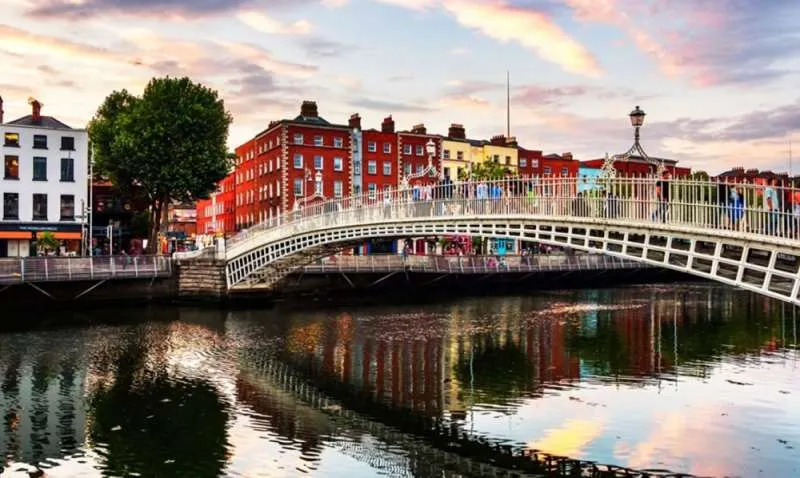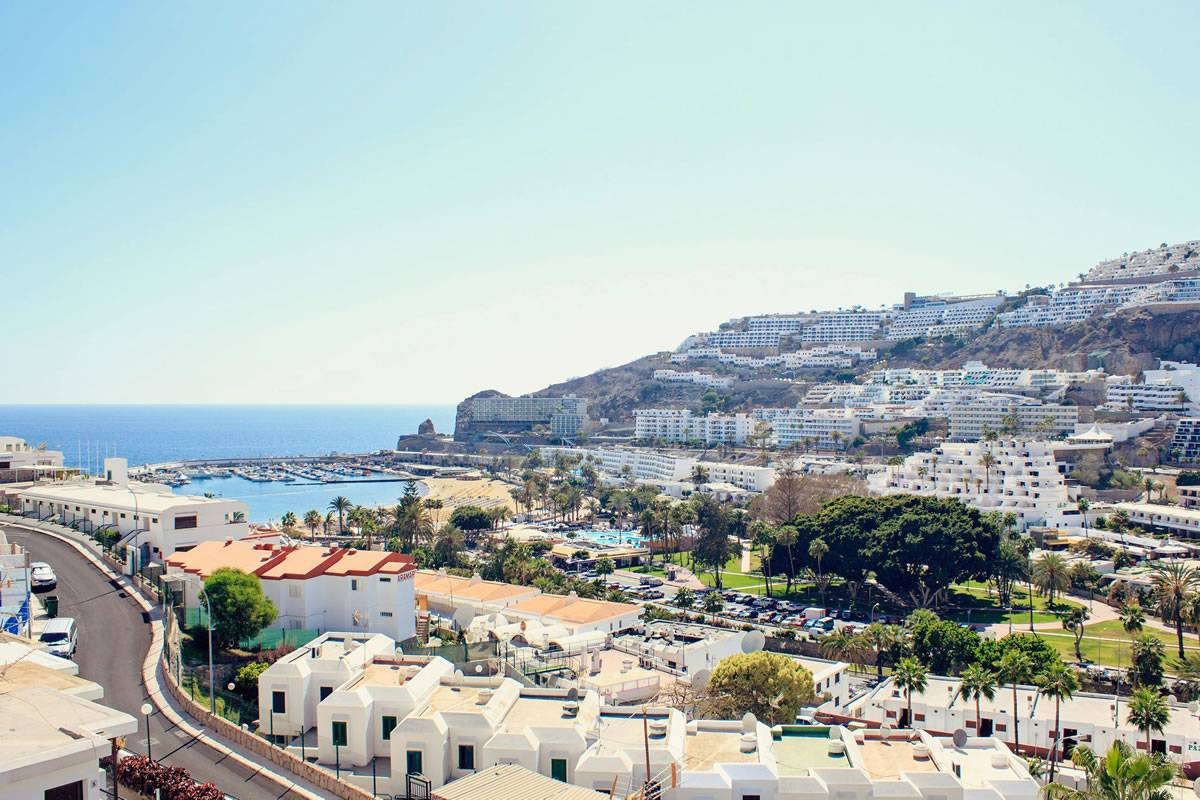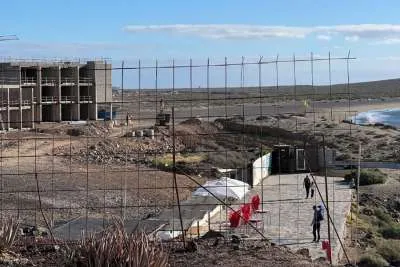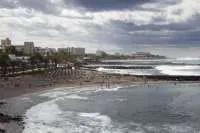The role of tourism in shaping the Canary Islands' economy
- 14-10-2024
- Business
- collaborative post
- Photo Credit: Pexels
The Canary Islands can boast that they have earned far more money from tourism than from mining and any other natural resource. The archipelago has some of the finest islands in the world that everybody longs to visit and the inhabitants have been wise enough to capitalise on this.
Currently, tourism's contribution to the Islands' economy stands at an unbelievable capacity. It holds a whopping 60%-70% of the total gross domestic product. And when compared to other tourism-dependent countries like Iceland, Malta, and Ireland, the Canaries have generated more revenue over the years. If you are wondering how tourism seems to impact their economy this much, keep reading to find out.
A Brief Overview of The Canary Islands
Foreign tourists reportedly spent over 20.3 billion euros in the Canary Islands in 2023 alone. Shocking, right? Well, this is a pointer to something special about the Canary Islands, something that makes them almost irresistible.
This beautiful archipelago consists of seven main islands: Tenerife, Gran Canaria, Lanzarote, Fuerteventura, La Palma, La Gomera, and El Hierro, and surprisingly, they link Africa, Europe, North America, and South America together. Little wonder why we always receive a large influx of visitors!
Moving on to the fun part, each of these islands gives the visitor the possibility to enjoy anything from sunbathing on pure beaches to mountain trekking in volcanic landscapes and savouring authentic local food.
The Canaries also have an abundance of natural diversity, extending from the volcanoes in Tenerife to lush green vegetation in La Palma, little wonder why they continuously attract numerous visitors from all corners of the world.
Unlike Iceland whose major selling point to tourists is its volcanic landscapes, and for game lovers-the special thrill of the renowned Iceland online casinos which come in an array of exciting games and bonuses, the Canary Islands are naturally endowed with diverse landscapes, and this has made it super attractive to tourists who would like to experience nature in its fullness.
The Economic Impact of Tourism to the Canary Islands
Currently, tourism is the key determinant of the islands’ economy. Recent statistics reveal that tourism constitutes over one-third of their economy. This sector has the greatest impact on the GDP of the Canary Islands by as much as 35%; talk of providing jobs, stimulating businesses, and supporting service industry flow.
These contributions offer significant help since the archipelago is poor in natural resources and has to rely a lot on external income. As a matter of fact, the Canaries do not face real exchange rate distortion and deindustrialisation because of their high dependence on tourism, instead, they enjoy economic growth rates higher than the average.
Employment and Job Chances
As you may know, nothing directly influences the personal economy of the inhabitants of any region more than the creation of employment. This has been one of the major impacts of the tourism sector in the Canaries.
The islands have progressively witnessed the creation of employment opportunities, from hoteliers and tour guides to restaurant staff and transportation services that have employed thousands of locals. Apart from direct tourist employment, tourism stimulates indirect job opportunities in agriculture, retail, and crafts.
Visitors to the islands usually consume local products, buy handmade souvenirs, and take a taste of native cuisine, which generates a significant boost for economic activity within these sectors.
Management of Seasonal Fluctuations
As much as the Canary Islands led the recovery of tourism in Spain, bringing a lot of benefits to the region’s economy, it didn't pass without some challenges, and among these economic challenges, one issue can be the fluctuation of tourist visits in the Canary Islands because of seasonal changes.
For business enterprises whose services or products are based predominantly on tourism, this can cause a lot of uncertainty. Unusually in the Canary Islands, the resorts are busy all year round due to the warm climate, however, the peak tourist season ranges between late spring and early autumn, with an extra influx of tourists arriving from Europe at Christmas to take advantage of the winter sun.
During non-peak seasons, businesses may find it more difficult to maintain revenue levels. Nevertheless, many local entrepreneurs have adapted and diversified into activities to pursue an all-year flow, such as the promotion of adventure tourism, eco-tourism, and cultural experiences to attract visitors.
Ultimately, this flexibility balances the economy while further stamping the islands as versatile tourist destinations.
Comparison with Other Travel Destinations
This discussion about tourism in the Canary Islands, won’t be complete without comparing it with other popular destinations such as Iceland, Malta, and Ireland, each of which offers something unique to the visitor.
Iceland
The country is famous for its tectonic hills and valleys, hot springs, geysers, and Northern Lights. Just like the Canary Islands, their economy relies heavily on tourism and they have had so many visitors over the last decade to the extent of some areas facing over-tourism and its related challenges.
This has prompted the local government to implement measures to protect its precious natural resources.
Malta
Malta also depends on tourism. Thanks to its rich human history, beautiful architecture, and nice beaches. The islands have tried to sustain their cultural heritage while welcoming tourists for leisure purposes.
Like the Canary Islands, Malta struggles with the unrelenting tension between controlling the number of tourists and maintaining environmental sustainability.
Ireland
Tourism in Ireland emphasises cultural experiences like traditional music, food, and folklore. Much like in the Canary Islands, the relationship between tourism and the local culture is of considerable economic importance. If you’re fascinated by greenery, castles, and bustling cities, you should try visiting Ireland.
Although individual characteristics abound in each of these destinations, they are unified by the fact that tourism can shape the economy significantly. With tourism considered a model for other destinations, the Canary Islands will serve as a landmark in retaining similar imperatives: for development without scarcity on the environment and local culture.

Gamble Responsibly: Gambling should be enjoyed as a form of entertainment, not a way to earn money. Always gamble within your financial means and set limits to stay in control. You must be 18 or older to participate in gambling activities. If you or someone you know has a gambling problem, seek help from organisations like FEJAR (Federación Española de Jugadores de Azar Rehabilitados) at www.fejar.org. Stay safe and gamble responsibly.



























































